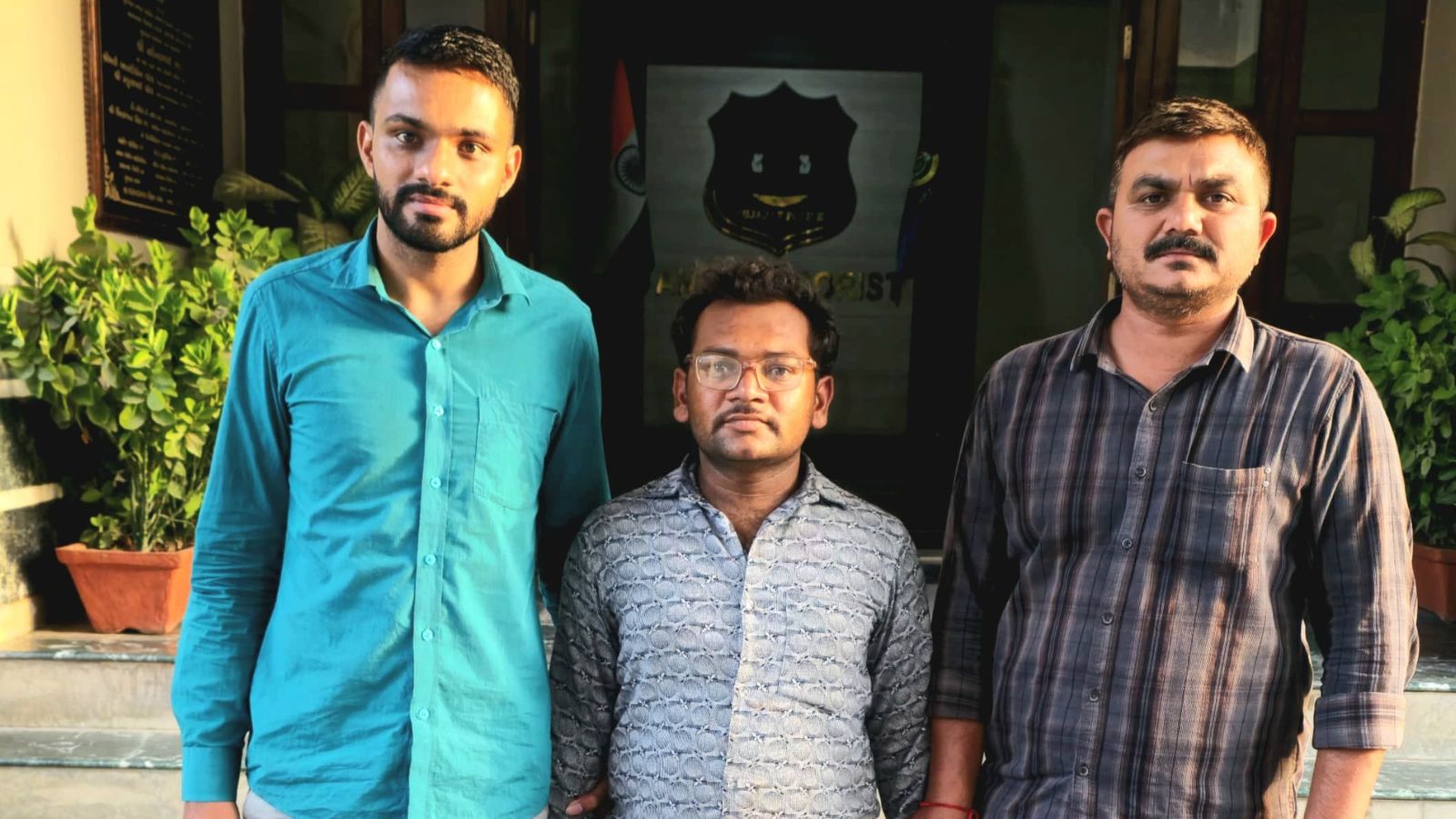Obstetric Fistula: Raising Awareness and Improving Treatment for Women in Pakistan

Understanding Obstetric Fistula: A Devastating Condition Affecting Women
Obstetric fistula is a heartbreaking condition that affects women, particularly in developing countries like Pakistan. It's a hole between the vagina and bladder or rectum, often caused by prolonged and obstructed labor without timely access to cesarean section. This results in chronic incontinence, social isolation, and profound psychological distress for the women who suffer from it. A recent seminar in Peshawar brought together health experts to raise awareness about this preventable condition and discuss improved treatment options.
The Root Causes and Impact
The primary cause of obstetric fistula is prolonged, obstructed labor. This often occurs when a baby is too large to pass through the birth canal, or when the mother experiences a lack of access to skilled birth attendants, emergency obstetric care, and timely surgical intervention. Poverty, inadequate healthcare infrastructure, and cultural barriers to seeking medical attention all contribute to the prevalence of obstetric fistula.
The consequences for women are devastating. Constant leakage of urine and/or feces leads to shame, social stigma, and exclusion from community life. Many women are abandoned by their families and struggle to earn a living. The psychological impact is equally severe, with many experiencing depression, anxiety, and feelings of hopelessness.
The Peshawar Seminar: A Call to Action
The seminar in Peshawar, attended by leading health experts, aimed to address these critical issues. Discussions focused on several key areas:
- Raising Awareness: Emphasizing the importance of educating communities, healthcare providers, and policymakers about obstetric fistula, its causes, and prevention strategies.
- Improving Access to Skilled Birth Attendants: Highlighting the need to train more skilled birth attendants and ensure they are available in rural and underserved areas.
- Strengthening Emergency Obstetric Care: Advocating for improved access to cesarean sections and other emergency obstetric interventions to prevent fistula from developing in the first place.
- Providing Comprehensive Treatment: Discussing the latest surgical techniques and rehabilitation programs to help women heal from fistula and regain their dignity and quality of life.
- Addressing Social Stigma: Exploring strategies to combat the social stigma associated with fistula and promote acceptance and support for affected women.
The Path Forward: Prevention and Treatment
Preventing obstetric fistula requires a multi-faceted approach that addresses the underlying social, economic, and healthcare factors. Investing in maternal health services, empowering women, and promoting family planning are crucial steps. For women who already suffer from fistula, access to timely and effective treatment is essential. Surgical repair, combined with psychosocial support and rehabilitation, can significantly improve their lives.
The seminar in Peshawar served as a vital platform for collaboration and knowledge sharing. By raising awareness, strengthening healthcare systems, and empowering communities, we can work together to eliminate obstetric fistula and ensure that all women have a safe and dignified childbirth experience.

:max_bytes(150000):strip_icc()/GettyImages-1969843323-d4f1232e3fac4652a0afc25697a352b7.jpg)




